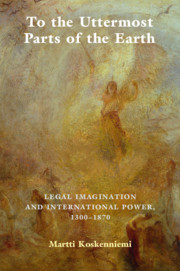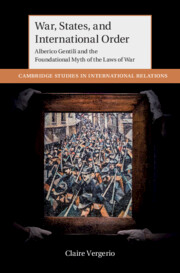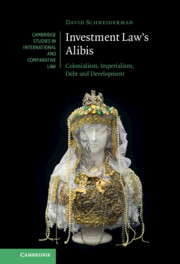2022 ESIL Annual Conference, Utrecht
Pre-Conference Workshop ESIL Interest Group on the History of International Law
Histories of Inclusion / Exclusion in International Law
Today’s international lawyers and historians of international law have become acutely aware that the legacy of modern international law is ambivalent. International law is claimed to be a normative project evolving towards universal scope. Yet, the idea of it has also been (ab)used for purposes of domination that has excluded non-European territories, peoples, and substantive issues from the scope of protection offered by the allegedly universalist law. Most notably, exclusion has been implemented through the so-called standard of civilization. Yet, international law has experienced many defining moments - the establishment of the League of Nations and the United Nations, proclamation of the Universal Declaration of Human Rights, the adoption of the Geneva Conventions, the establishment of international courts and tribunals beginning with the institution of the Permanent Court of Arbitration and the Permanent Court of International Justice, the Nuremberg and Tokyo Military Tribunals, the International Criminal Court, the Bretton-Woods system and the transition from the diplomacy of the General Agreement on Tariffs and Trade to the World Trade Organisation’s Appellate Body, to name but a few. Altogether, international regimes have included as they have equally excluded many peoples, territories, subject matters, techniques, and methodologies throughout history. How much could international law possibly include – states, individuals, communities, non-state actors, which topics? Everything? Or would it be enough, for peremptory norms and cognate principles to be inclusive? Is there any substance beyond procedural matters of standing to the much vaunted erga omnes? Which methodologies and subject matters have been dominant in the history of international law, and which has international law missed? What, who, when, where, how, and why has been excluded?
Program – 31st of August 2022, 2 pm – 5 pm (CET)
Word of welcome from the organizers – Florenz Volkaert
Panel 1: In / Exclusion in international law through the lens of literature and gender
- Histories of Inclusion/Exclusion in International (Criminal) Law
Teodora Schrotter, Cambridge University - University of London
- Wartime Sexual Violence in 19th Century International Law
Anastasia Hammerschmied, Universität Wien
- On Magic and Mandates: Decolonising Witchcraft and Sorcery in the History of International Human Rights
Aditi Patil, Human Rights Measurement Initiative
Rashmi Dharia, Sciences Po Law School
Concluding remarks – Jaanika Erne
Program – 1st of September 2022, 9 am – 12 am (CET)
Word of welcome from the organizers – Markus Beham
Panel 2: In / Exclusion in the history of international law and capitalism
- Law, ideology and capitalist reason: the violence of abstraction as a mechanism of exclusion/inclusion in international law
Matheus Gobbato Leichtweis, Universidad Federal do Rio Grande do Sul
- Treaties of commerce and the most-favored-nation clause in late 19th- and early 20th-century legal doctrine: a tool for economic and/or civilizational in / exclusion?
Florenz Volkaert, Ghent University
Panel 3: In / Exclusion of culture and minorities in the history of international law
- Historicizing the Politics of Interpretation: The Exclusion/Inclusion of Cultural Context through Legal Interpretation
Dr. Ríán Derrig, World Maritime University
- Who are minority rights for? The Role of Petitions and the League of Nations minority rights regime
Dr. Elizabeth Craig, University of Sussex
Panel 4: In / Exclusion in the history of international investment law
- Deconstructing the exclusion of corporations from international legal personality
Christopher Yaw Nyinevi, Monash University
- Equitable Representation on International Benches and the Appointment of Investor-State Dispute Settlement Tribunal Members: A Historical Perspective
Yanweng Zhang, University College London
Concluding remarks – Jaanika Erne
For more information, consult the ESIL website and ESIL Annual Conference website.




